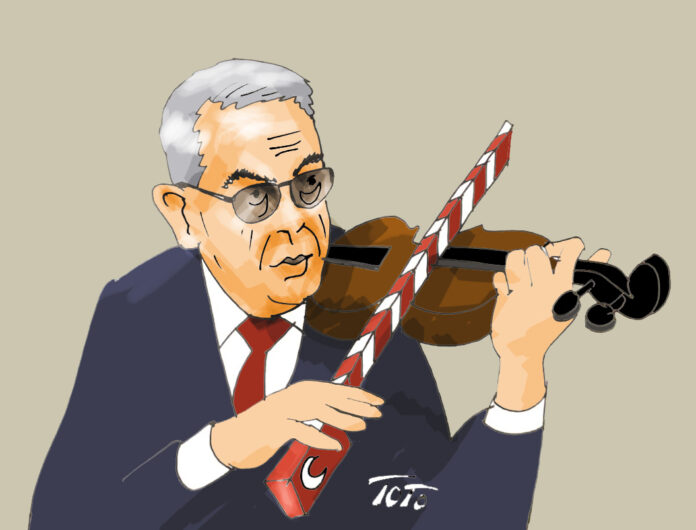Ambassador Sardar Kilic, the Turkish representative in the Armenian-Turkish negotiation group, is likely to visit Armenia soon at the head of a delegation, according to recent reports in Turkish and Armenian media, in order to meet with Armenian governmental leaders. As Armenian-Azerbaijani relations progress, so too do Armenian-Turkish relations. This visit indicates another active phase in Armenian-Turkish relations, and the public awaits potential forthcoming statements, possibly including the initialing or pre-signing of protocols or agreements regarding establishing diplomatic relations or opening borders that have been blocked by Turkey since the 1990s.
The current process differs from previous attempts to normalize Armenian-Turkish relations in that it lacks mediators or public diplomacy engagement. From 1991 onward, the United States was the primary mediator in such efforts. The Bush Sr., Clinton, Obama, and Biden administrations largely employed backstage diplomacy, though public statements were also made. Hillary Clinton’s active involvement as secretary of state during the Obama administration was salient. Currently, there is no publicly available information indicating US involvement in the ongoing Armenian-Turkish normalization process. However, it should not be ruled out that American involvement continues behind the scenes.
The absence of a mediator presents a challenge for Armenia, as the power imbalance between Armenia and Turkey risks pressuring Armenia into unilateral concessions. Turkey is a strong regional power with an established practice of diplomacy. In fact, if Armenia fulfills all of Turkey’s preconditions (which include satisfying Azerbaijan’s preconditions too), the very term “negotiations” becomes questionable as this would represent a unilateral concession and amounts to diplomatic capitulation.
The imbalance is clear from the backgrounds of the main negotiators, Ambassador Kilic and Armenian Vice President of Parliament Ruben Rubinyan. Kilic is an accomplished diplomat who formerly was the Turkish ambassador to the US, where he was considered active and effective. Rubinyan, in contrast, lacks prior diplomatic experience, having been appointed deputy minister of Foreign Affairs following the 2018 revolution without previous preparation.
Recently, Rubinyan stated that he sees no reason why the Turkish side should delay opening the borders. In fact, many questions arise here. First, Turkey will most likely wait until relations between Armenia and Azerbaijan are finally normalized. Of course, Armenia is preparing to change its constitution, but it is unlikely that Turkey and Azerbaijan will want to take active steps until Armenia has actually done this. Therefore, from this point of view, we can ask why Turkey should not delay opening the border until it receives the green light from Baku.
Rubinyan says that Armenia is ready to have open borders and establish diplomatic relations tomorrow. Of course, everyone understands that Armenia has been ready to open its borders and establish diplomatic relations since 1991, but the border is unilaterally closed by Turkey, and the establishment of diplomatic relations has also been constantly aborted by Turkey and Azerbaijan. Rubinyan does not realize that this process depends not on what he negotiates, but solely on the Armenian side fulfilling all the preconditions.








